Culpability for Crime by a Significant Other
Imagine this horrible situation. Your significant other comes home one night and tells you that they committed a crime – a serious crime. You didn't help with the crime, and you didn't even know about it until after the fact. Can you get in trouble if you keep the secret?
Rhode Island Law
Under Rhode Island law, someone who intentionally helps or hides a defendant with a crime may be criminally liable for that crime in certain situations. A key element is that you knew you were assisting someone involved in a crime. For example, if your significant other plans a robbery and asks you to pick them up at the scene to evade the police, you may be liable for the crime of Robbery under a conspiracy charge or under an Aiding & Abetting theory. But, if your significant other tells you over dinner three months later that he robbed a store, you are probably have no criminal liability. In that case, you did not have any criminal intent to assist anyone with a crime.
If you did know about your significant other committing a crime, the situation is more complicated. For example, if you pulled up to pick up your significant other and she's holding a gun and a sack of money, gets in the car, and tells you to drive away quickly before the police get there, you may be criminally liable. But there are still defenses available to you. If your significant other coerced or threatened you, this may be a defense to the crime.
Federal Law
Federal law also addresses assisting someone after the commission of a crime:
Whoever, knowing that an offense against the United States has been committed, receives, relieves, comforts or assists the offender in order to hinder or prevent his apprehension, trial or punishment, is an accessory after the fact.
18 U.S.C. § 3 (1994).
Under federal law, an accessory after the fact is someone who assists:
- Someone who committed a crime;
- After the person committed the crime;
- With knowledge that the person committed the crime; and
- With the intent to help the person avoid arrest or punishment.
Federal law enforcement officials can also charge an accessory with other crimes, including obstruction of justice.
If the police or federal law enforcement officials want to question you about a crime that you know your significant other committed, you should talk to an attorney right away. If you have questions about your possible liability as an accessory to a crime, contact Inman & Tourgee online or call (401) 823-9200 to discuss your legal options.







